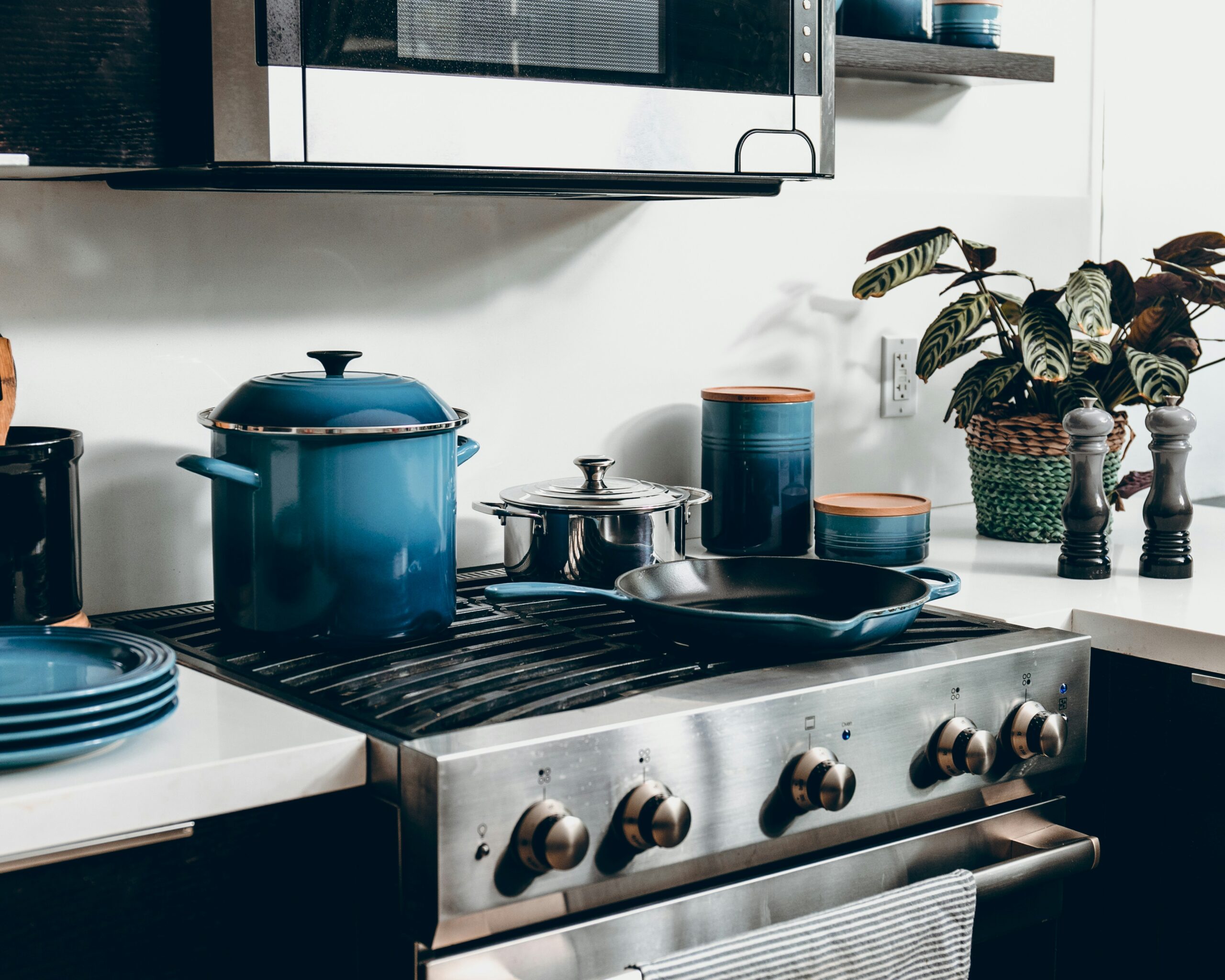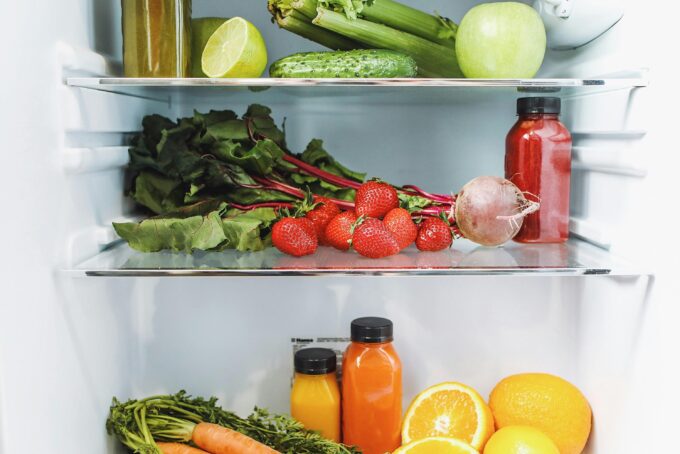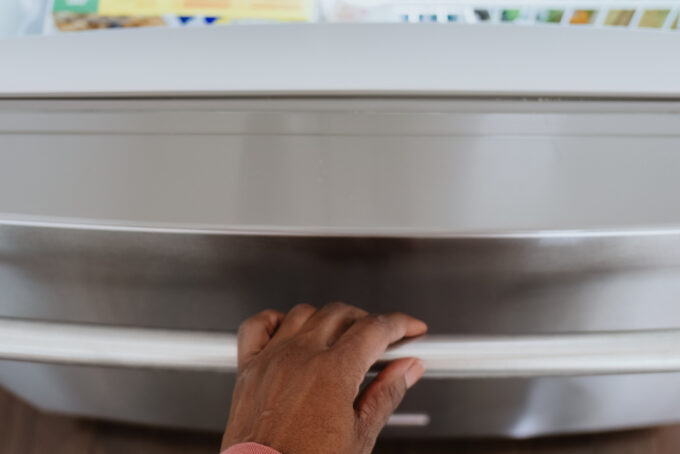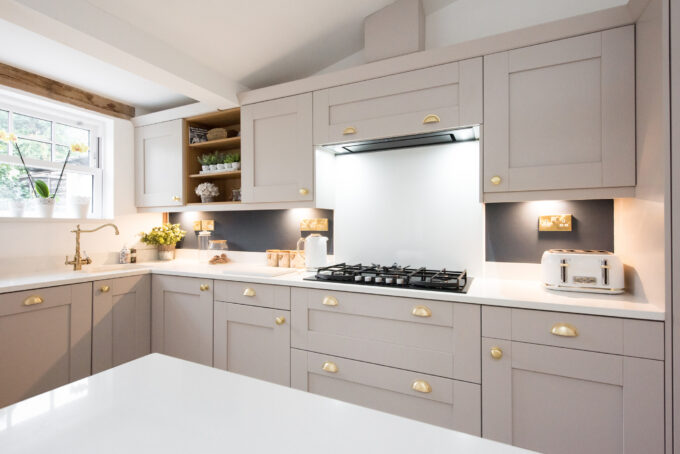Whether you plan to update your appliances or remodel your entire kitchen, the type of stove you choose is an important decision to make. And because gas and electric stoves are the two most popular options available, it’s important to understand their differences and how they might affect the way you cook in the kitchen. Both options offer advantages and drawbacks, each appealing to a variety of cooking styles, needs, and preferences.
To learn the differences between them, take a look at this comprehensive guide on the pros and cons of a gas vs. electric stove.

Gas Stoves
Pros
Precise Temperature Control: One of the biggest advantages of having a gas stove is that it can switch between temperatures more quickly than electric stoves. This comes in handy when you need to make quick temperature adjustments — i.e. when searing the edges of a steak before pan-frying it.
Resilience During Power Outages: If you live in an area where power outages are a regular occurrence, a gas stove is likely your best choice. You can continue to use your stovetop during a power outage as long as you have a gas supply.
Cons
Safety Concerns: If you’re not careful, the presence of open flames that accompany gas stoves can cause accidental burns or fires, especially if you live with children or pets. To avoid danger, proper ventilation and other precautions are necessary to implement to mitigate these risks.
Indoor Air Quality: The way gas stoves function is through combustion. But that combustion process tends to release toxic pollutants into the air, carbon monoxide in particular. To maintain healthy air quality, adequate ventilation is critical in order to minimize health risks.
Maintenance Requirements: Another con of having gas stoves is that they typically require more upkeep. This includes cleaning the burners and maintaining the proper gas line connections so that your stove operates safely and efficiently.

Electric Stoves
Pros
Even Heating: Many people prefer electric stoves because they provide consistent heat distribution across the cooking surface. This eliminates those pesky hot spots and cold zones that can ruin your food and helps ensure that your meals are evenly cooked to perfection each and every time.
Safety Features: Unlike gas stoves, electric stoves don’t need open flames to heat up. This positions them as a safer choice for households with children or pets. And for additional security, many models come with added safety features such as automatic shut-off timers and child locks.
Sleek and Modern Design: Of course, you can’t talk about the allure of electric stoves without mentioning their sleek and modern design. Electric stoves typically have smooth glass or ceramic cooktops, which work to enhance your kitchen’s aesthetic appeal. Plus, their smooth surface makes them really easy to clean.
Cons
Slower Response Time: While electric stoves can heat your food evenly, it can sometimes take a long time to heat up at all. When compared to gas stoves, electric stoves definitely have a slower response time, both in heating up and cooling down, which can make your time in the kitchen take a little longer than expected.
Dependence on Electricity: Unless you have a backup plan, electric stoves are pretty much non-functional during a power outage. This is because they require a steady supply of electricity to operate. To prevent this from happening, consider buying a portable generator as a secondary power source.
Limited Compatibility with Cookware: If you’re big on cookware, keep in mind that certain types — i.e. cast iron, copper, or ceramic — might not be compatible with electric stovetops due to their flat cooking surface. Because of this, you may have to adjust your technique or forgo using incompatible cookware altogether.
popular posts
Spaces
Whether it’s luxury or ease, every area of your home should be as fabulous and unique as you.

These Outdoor Kitchen Ideas Will Make Dining Al Fresco A Treat
by homeandtexture | February 27, 2023
Where To Splurge and Where To Save When Remodeling Your Kitchen
by Brittni Williams | August 1, 2023
FOLLOW ALONG ON INSTAGRAM
#homeandtexture
Find us on social for more home inspiration where culture, personal style, and sophisticated shopping intersect to help you create a home where you love to live.






